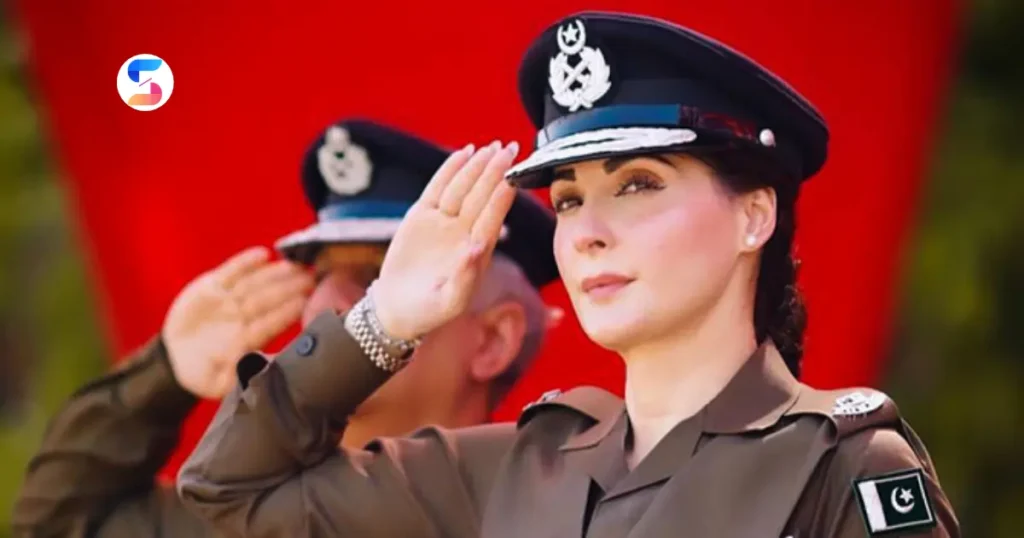The term “Police Girl” refers to a new attitude within law enforcement that is defined by diversity, inclusiveness, and empowerment. This is an important shift from the perception of policing as a male-dominated profession. Let’s find out the diverse role of women in policing around the world. We’ll take a closer look at the emergence of the “Police Girl” trend, as well as how it impacts gender equality and law enforcement effectiveness.
Jump To Section
Definition of a “Police Girl”
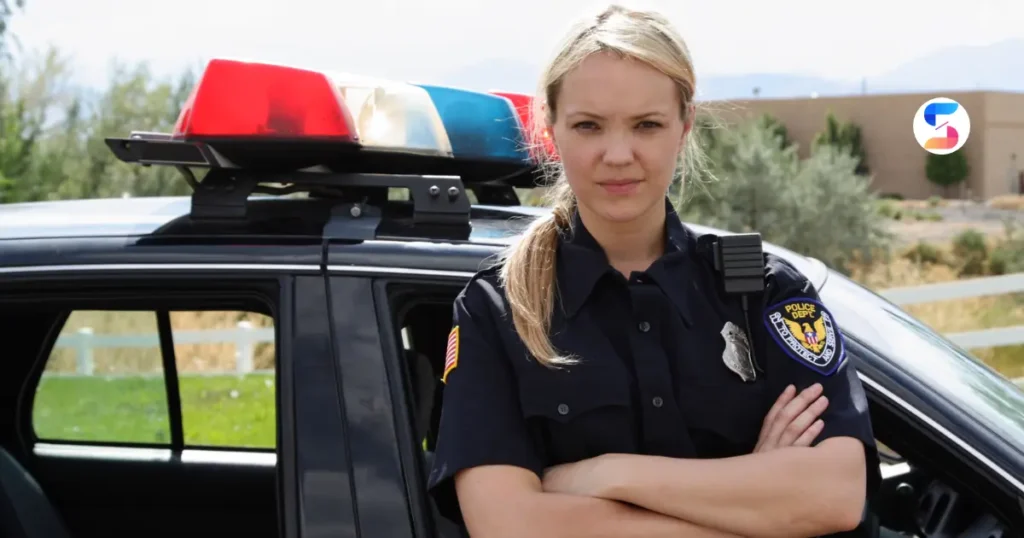
A “Police Girl” exemplifies the characteristics of strength, courage, and resilience that are typically associated with law enforcement, but with a specific emphasis on the valuable contributions of women. In addition to gender, the term emphasizes the importance of inclusivity and challenges traditional ideas about law enforcement by recognizing and appreciating the wide range of perspectives and experiences that female officers bring to the profession.
Gender Diversity in Law Enforcement
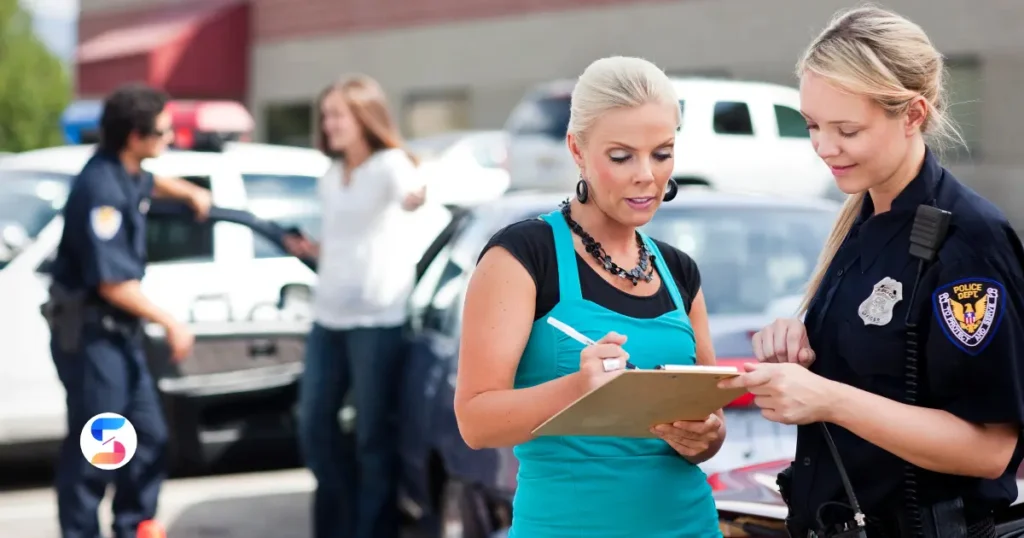
We cannot overstate the importance of gender diversity in law enforcement. It is crucial to have a balanced representation of both men and women in this field. Gender diversity brings a unique perspective and skill set to the table, enhancing the overall effectiveness of law enforcement agencies. It allows for a more comprehensive understanding of the diverse communities they serve and promotes trust and cooperation between law enforcement and the public. Gender diversity also helps break down stereotypes and biases, fostering a more inclusive and equitable environment within the profession.
Gender diversity in law enforcement is crucial for effective policing, going beyond mere representation. Studies have indicated that police forces with a diverse makeup are more effective in handling the unique challenges of diverse communities. This diversity also helps to build trust and cooperation with the public, leading to improved overall performance for the organization. When police agencies bring together the talents and perspectives of both men and women, they can enhance their ability to serve and protect their communities.
Evolution of Women in Policing
The historical context of women entering law enforcement is a fascinating tale of determination and advancement. Throughout history, women have faced and overcome countless challenges in their pursuit of careers in policing, starting in the late 19th century, when the first female police officers emerged. Their journey continues to this day. Female officers have made remarkable progress and overcome numerous challenges to create a path for future generations.
The “Police Girl” trend is gaining popularity
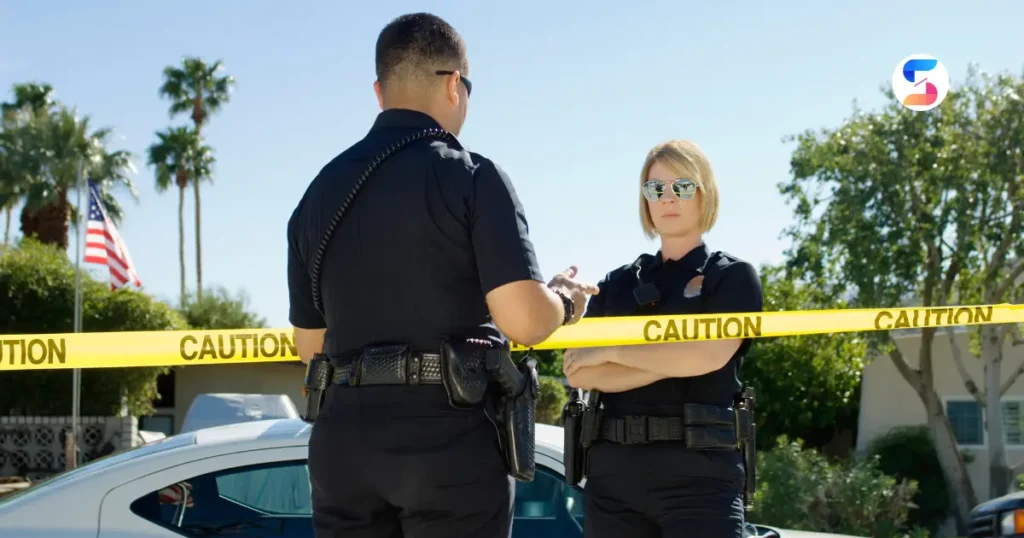
The “Police Girl” phenomenon represents a shift in how society views women in law enforcement. Different cultures widely celebrate the “Police Girl” archetype through various forms of media, including films, television shows, literature, and social media. This phenomenon is a reflection of how attitudes towards gender roles are changing. It’s also really inspiring for women who want to become officers, no matter where they are in the world.
Characteristics of a “Police Girl”
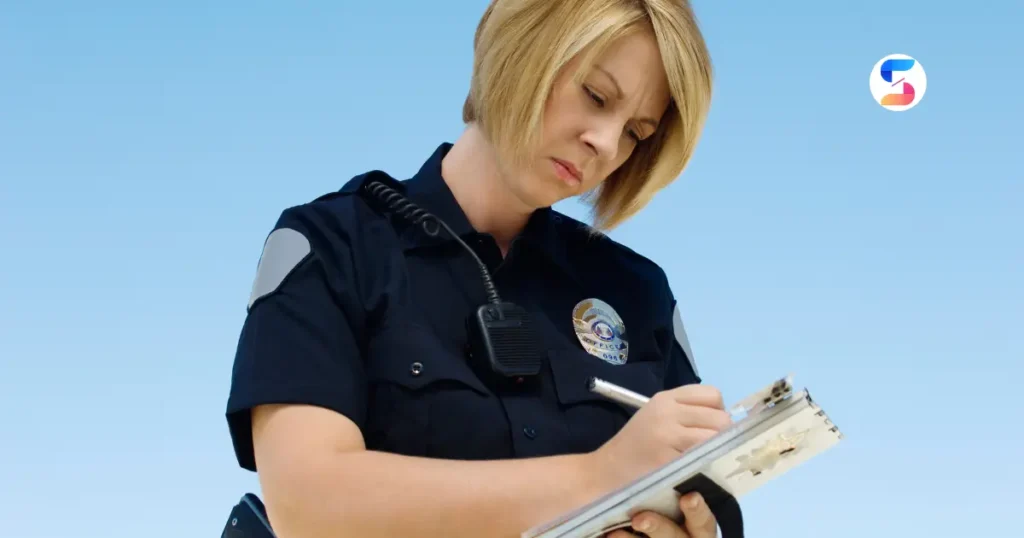
“Police Girl” is more than just a female police officer. She represents a fresh approach to policing that emphasizes empathy, compassion, and active involvement in the community. Unlike the traditional approach to policing, the “Police Girl” method focuses on fostering collaboration, open communication, and problem-solving abilities. This shift is a result of how society’s expectations of law enforcement have changed, as well as the increasing recognition of the value of community-oriented policing.
Pop culture depictions of “Police Girls” have a significant impact on how the general public views women in law enforcement. Characters in movies and TV shows, as well as real-life heroes in books and on social media, have a big impact on how people see female officers and their important role in keeping the public safe. Pop culture’s portrayal of “Police Girls” can reveal societal perspectives on gender and law enforcement.
Real-Life Examples
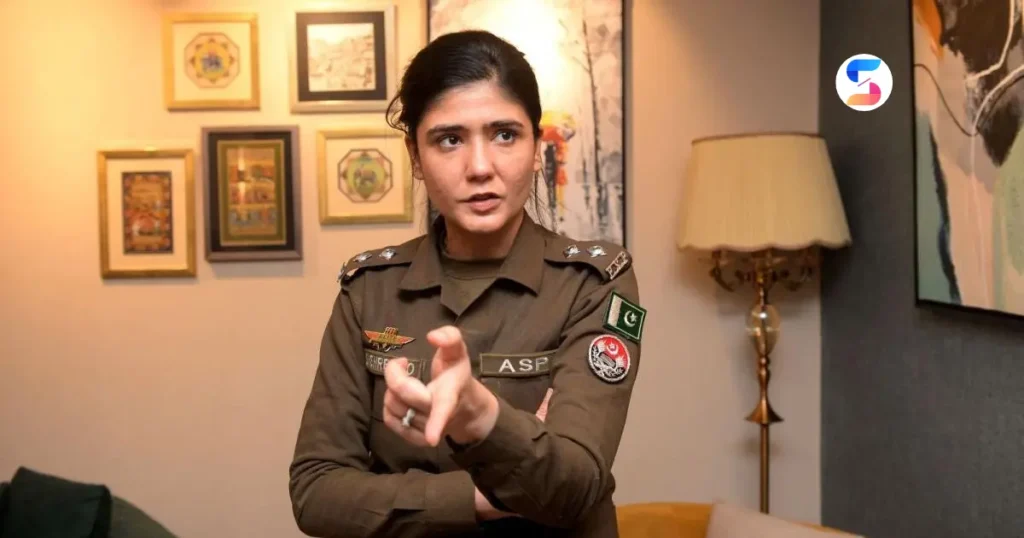
Take a look at the profiles of some remarkable female police officers from various countries. They offer a fascinating insight into the wide range of experiences and accomplishments of women in law enforcement. Throughout history, there have been remarkable individuals who have defied societal norms and made significant contributions. Take, for example, the pioneering efforts of Sir Robert Peel’s first female constables in 1919. Fast forward to the present day, and we have inspiring figures like Angela Davis in the United States and Syeda Shehrbano Naqvi in Pakistan. These women have shown incredible bravery and determination in the face of challenges.
Comparison of the Roles and Responsibilities
Female officers have different roles and responsibilities depending on the cultural context they are in. There are certain countries where women might encounter legal barriers or cultural norms that limit their involvement in specific law enforcement activities. It’s interesting to see how female officers are now stepping into a wide range of roles, including patrol officers, detectives, SWAT team members, and even police chiefs. When we look at the experiences of female officers from different cultures, we can find similarities in the challenges they face and learn from successful approaches to promoting gender equality in law enforcement.
The Role of Police Girls in Pakistan
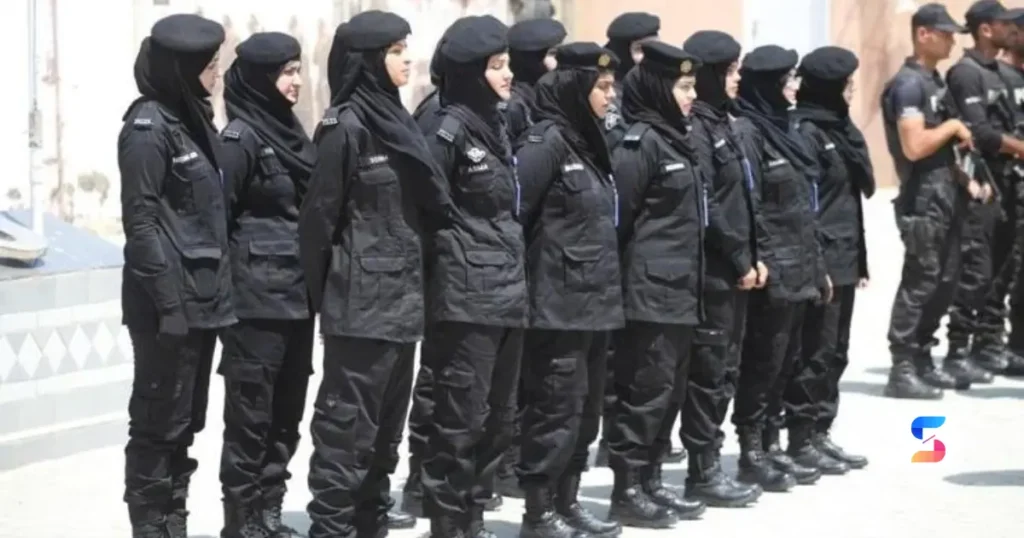
Women’s role in law enforcement in Pakistan has undergone significant changes in the past few decades, despite facing cultural and societal obstacles. Shazia Parveen and Safina Gul Naeem, along with other female officers, have shown incredible bravery and dedication in their service to their communities. Still cultural norms and societal expectations are creating challenges for gender equality within Pakistan’s police force. Efforts such as the Punjab Police Women Protection Cell dedicate themselves to assisting female officers, valuing their perspectives and acknowledging their efforts despite the challenges they face.
The historical background of women in Pakistan’s police force is quite fascinating. Over the years, there have been significant strides made in terms of gender equality and women’s empowerment within this field. It is interesting to see the progress and challenges faced by women who have chosen to serve in the police force in Pakistan.
Women have been a part of Pakistan’s police force since the early 20th century. The recruitment process placed them in specialized units. Over time, there have been notable advancements for women in law enforcement. This includes the creation of specialized training programs and initiatives to attract more women to join the field. It’s still a struggle for women to access leadership positions and break into traditionally male-dominated roles within the police force, despite the efforts made.
Cultural Norms and Societal Expectations
Cultural norms and societal expectations greatly influence the experiences of women in law enforcement in Pakistan. Female officers face a multitude of cultural factors that influence both their professional paths and personal lives. These factors include expectations of modesty and obedience, as well as traditional gender roles and family responsibilities. Navigating through this complex web can be challenging for these officers. Many women in law enforcement are actively working to challenge traditional gender norms and promote greater gender equality within the police force.
Challenges and Stereotypes
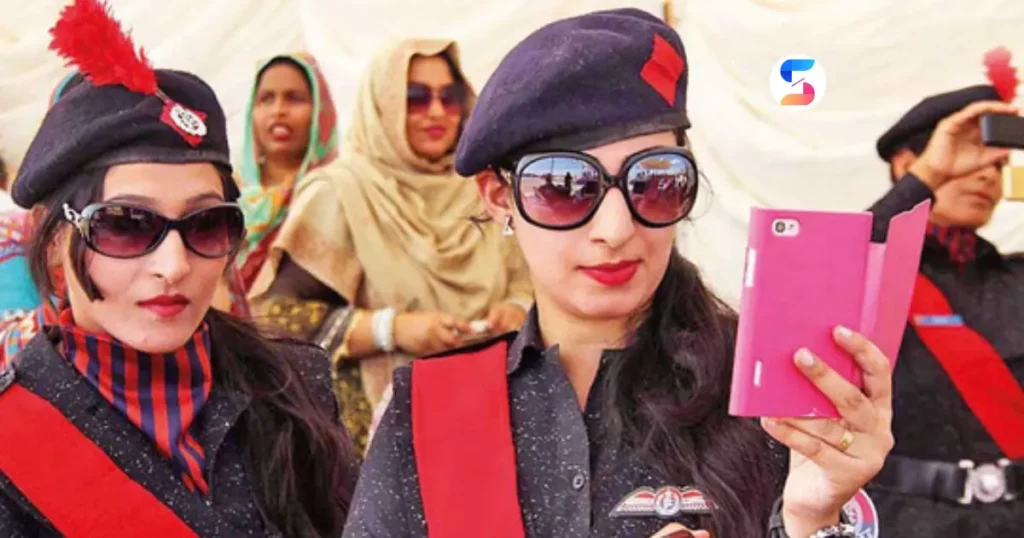
Female officers around the world still face gender biases and stereotypes within their police forces. Women in law enforcement face distinct challenges influenced by cultural and societal factors, such as assumptions of physical inferiority and doubts about their leadership abilities. To address these biases, we need to take a comprehensive approach. This means providing cultural sensitivity training, implementing policy reforms, and offering institutional support to ensure that female officers can succeed in their careers.
Gender biases and stereotypes are unfortunately quite common in law enforcement agencies globally. There are many stereotypes that female officers have to deal with, which can undermine their abilities and contributions to policing. These stereotypes range from the belief that women are not as capable of performing physically demanding tasks to the perception that they are too emotional or nurturing to handle confrontational situations. These biases can have a negative impact on women’s career progression and can also harm trust and cooperation within police organizations and communities.
Factors that influence attitudes towards women in policing
Cultural factors greatly influence attitudes towards women in policing. It’s interesting to note that in certain cultures, women may face limitations when it comes to pursuing careers in law enforcement. Traditional gender roles and expectations may restrict them to supporting roles within police organizations. It’s interesting to note that in different cultures, women might feel the need to adopt more masculine traits and behaviors in order to gain respect and recognition as police officers. Police organizations can provide better support for the recruitment, retention, and career advancement of female officers by understanding the cultural context in which they operate.
Empowering and support
Support for women in law enforcement is growing worldwide. Various initiatives, such as mentorship programs and recruitment drives, aim to break down barriers and foster inclusive environments within police forces. Organizations such as the Punjab Police Women Protection Cell in Pakistan dedicate themselves to supporting female officers and ensuring the recognition of their voices and contributions.
There are many programs and initiatives that provide support to women in law enforcement, both on a global scale and specifically in Pakistan. We have a range of initiatives in place to support and empower women within police organizations. For instance, we have recruitment drives specifically targeting female candidates to increase their representation. We also have mentorship programs that pair junior officers with experienced mentors, providing guidance and support. Additionally, we tailor our leadership development programs to prepare women for leadership positions within the police force. These initiatives play a crucial role in promoting gender diversity and inclusivity within law enforcement agencies by offering resources, support, and opportunities for female officers to thrive.
Inspiring Leadership
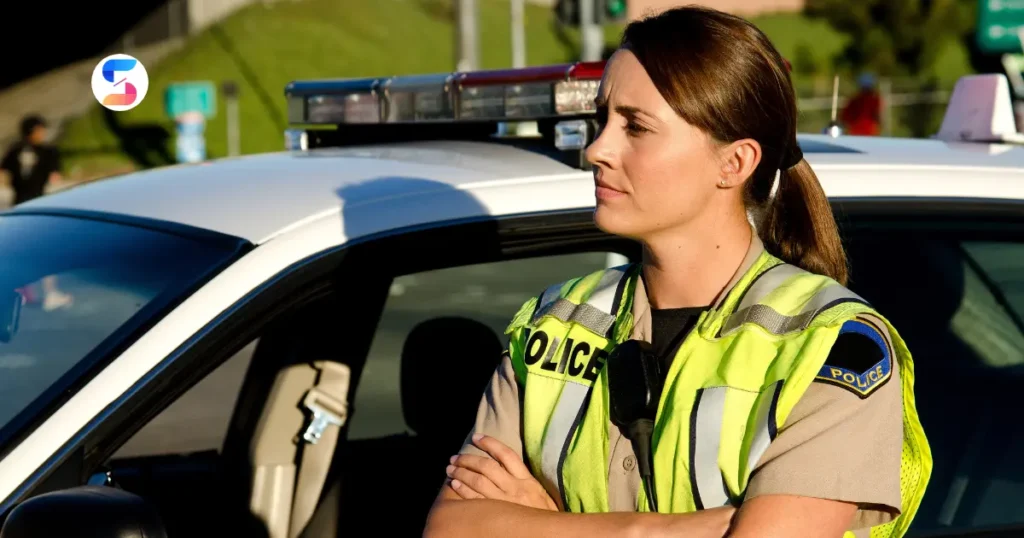
Female officers who serve as role models can inspire the next generation to pursue careers in law enforcement. Their leadership, dedication, and courage are truly inspiring, as they challenge stereotypes and break down barriers for women in policing. They serve as beacons of hope and empowerment. These inspiring individuals showcase the wide range of skills and abilities that women bring to the field of law enforcement, from engaging with the community to conducting groundbreaking investigations.
Prominent “Police Girls” Around the World
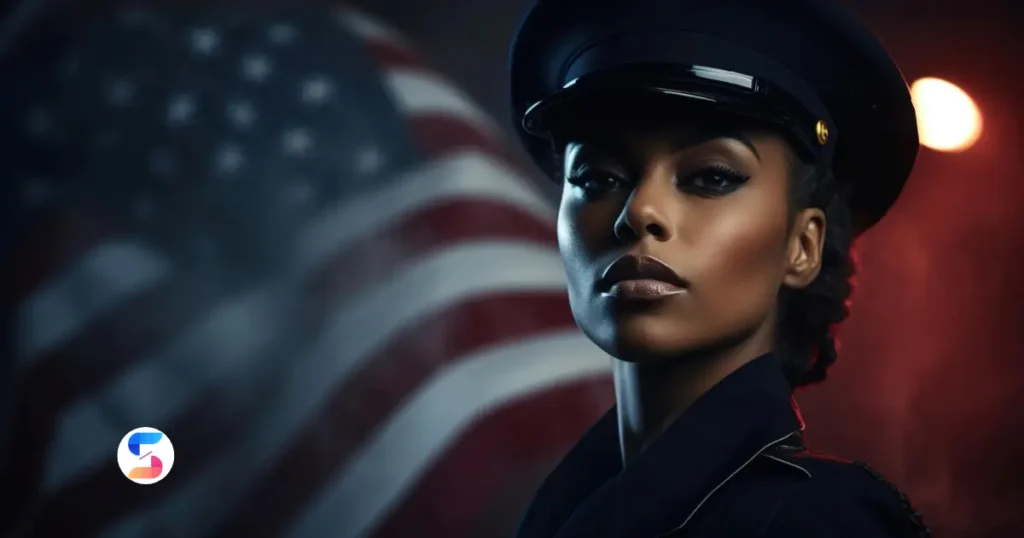
Female officers are making important contributions to law enforcement and community safety, whether they’re in New York or Nairobi. Chief Carmen Best of the Seattle Police Department and Commissioner Danielle Outlaw of the Philadelphia Police Department are at the forefront of efforts to reform policing and promote accountability in the United States. In Kenya, Deputy Inspector General Grace Kaindi has been actively involved in efforts to address gender-based violence and enhance the police’s handling of domestic abuse cases. These Police Girls are truly remarkable, demonstrating exceptional leadership and excellence in law enforcement.
innovations and best practices
Policing has seen some exciting innovations that are opening up new doors for women in law enforcement. It’s great to see more chances for them to excel in this field. These new developments in policing are really changing things up and giving female officers more opportunities to succeed. Recruitment practices and work arrangements in certain countries, such as Sweden, have resulted in police forces becoming more gender diverse. Police organizations can foster inclusive environments that support women’s success and growth of women by embracing innovation and implementing best practices.
Potential future developments and trends
It appears that the trend of incorporating “Police Girls” into law enforcement agencies will continue into the future. This is due to a greater understanding of the significance of gender diversity and inclusivity in policing. In the future, we could see more efforts to recruit and keep female officers, as well as more opportunities for women to take on leadership roles in police organizations. It’s also important to have policies and practices in place that tackle gender bias and discrimination. It’s important for societies to keep up with these trends and actively promote gender diversity in law enforcement. This way, police forces can better represent and protect the communities they serve.
Tackling Gender-Based Violence
Gender-based violence is a widespread problem that law enforcement agencies around the world are trying to address. Female officers have a vital role in dealing with and handling cases of gender-based violence. They offer support to survivors and work towards policy changes to prevent such incidents in the future. In countries such as India, initiatives like the Women’s Safety Division of the Delhi Police are working towards addressing gender-based violence and ensuring better access to justice for survivors. Police organizations can make a significant impact by empowering female officers and adopting gender-sensitive approaches to address this important issue.
Encouraging a Healthy Balance Between Work and Personal Life
It can be quite a challenge for female officers to balance their career in law enforcement with their family responsibilities. Police organizations can promote work-life balance by implementing policies and programs that cater to the needs of officers with caregiving responsibilities. Flexible work arrangements, parental leave policies, and childcare support services are important resources that can assist female officers in balancing their professional and personal responsibilities. In countries such as Canada, programs like the Women’s Leadership Development Program provide resources and support to help female officers find a balance between work and personal life while also advancing their careers. Promoting work-life balance can help police organizations attract and retain talented female officers, fostering a more inclusive workplace culture.
mental health and wellness
Law enforcement agencies must prioritize the mental health and well-being of police officers, including female officers. Addressing these concerns is critical for the overall welfare of the force. Police work can be demanding and expose officers to traumatic incidents. Balancing work and personal life can also be challenging. All of these factors can have an impact on officers’ mental health. Police organizations can make mental health and wellness a priority by offering confidential counseling services, peer support programs, and resources for stress management. In countries such as the United Kingdom, initiatives like the Mind Blue Light Programme provide mental health support specifically designed for emergency service workers, including police officers. When police organizations take proactive steps to address mental health challenges, they can help support the well-being of their officers and ensure they are better prepared to effectively serve their communities.
Collaboration and knowledge sharing on a global scale
It’s really important for law enforcement agencies around the world to work together and share knowledge. This collaboration is crucial for promoting gender diversity and implementing the best practices in policing. International forums, conferences, and training programs offer a chance for female officers to connect, discuss ideas, and gain insights from one another. Organizations like the International Association of Women Police (IAWP) provide a platform for female officers to connect and grow professionally, fostering valuable networking and development opportunities. Through global collaboration and knowledge sharing, police organizations can tap into the expertise and insights of female officers to tackle shared challenges and bring about positive change in policing practices.
Conclusion
Overall, the empowerment of “Police Girls” signifies a significant step forward in promoting gender equality and transforming the values and principles of law enforcement agencies globally. It’s important to recognize and appreciate the valuable contributions and unique obstacles that female officers encounter. By actively promoting gender diversity and inclusivity, we can strive for a future where everyone, regardless of gender, can proudly and effectively serve and safeguard their communities.

